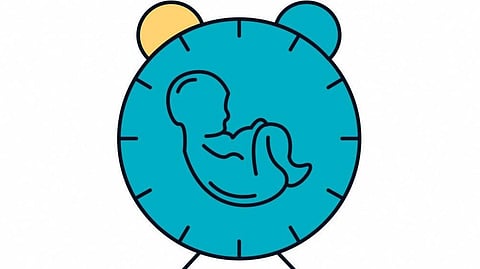

BENGALURU: As cases of infertility are rising and In Vitro Fertilisation (IVF) is fast emerging as an alternative for couples who want to have children, it is the cost factor which is a major cause for concern. Doctors from various forums are working together and looking for solutions on how this issue can be addressed.
Dr Sujatha Ramakrishnan, Head of Embryology at Nova IVF Fertility, agrees that it is the financial aspect which is deterring couples to come forward for the treatment. The reason for the cost being high is because most of the items required for IVF are imported, which include boxes, tubes and plates where the egg and sperm are stored. In fact, water used for storing the items is also imported. So if these things are manufactured indigenously, the cost factor can be standardised, she said, adding, that this will take time.
While speaking to TNIE on the sidelines of the inauguration of the Nova Academy of Clinical Embryology training centre, Dr Sujatha said, 30%men and 30% of women suffer from infertility. In 40 per cent of the cases, there are medical problems with both. This is because of changes in lifestyle.
Doctors also attribute it to a lack of physical activities, especially doing home chores. “There is no need to go to the gym. Simple walking, cooking at home and doing home chores should be taken up. It has also been noted that nowadays, even if people are physically away from work, mentally they are working. There is no break period, which has a lasting negative impact,” she said.
Dr Aviva Pinto Rodrigues, Consultant IVF Specialist, Nova IVF, pointed out the shortage of trained embryologists. There are 27.5 million infertile couples in India and the total number of embryologists in the country is less than 1,300. Also, there are 2,000 labs in India.